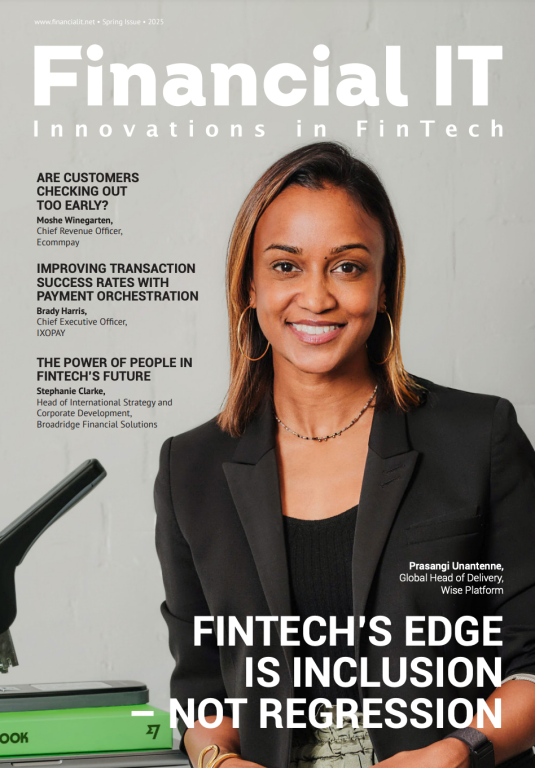Now available in the UK, Oracle Banking Enterprise Originations solution will help banks and building societies transform residential, buy-to-let and SME mortgage origination. Using design principles of open architecture, progressive data decisioning and complete process automation the solution will enable lenders to process mortgage applications far more efficiently by utilising best-in-class digital technologies.
All content with RSS
Almost three-quarters *(73%) of respondents to an MHR Analytics Twitter poll revealed they are not confident about their data and numbers on month-end closes and audit submissions.
The findings from the survey of 1,000 respondents underline the increasing pressures facing finance teams.
A separate **survey showed the new IFRS 16 lease accounting legislation to be taking its toll, with 30% of respondents calling it ‘complex,’ 17% ‘resource heavy’ and 24% ‘time consuming.’
The 21-century payments industry is part of a sector that has come to reward FIs prepared to push the boundaries by finding new, innovative ways of making money management user-friendly and convenient. Similarly, it does not suffer fools gladly. Mistakes are not easily forgiven.
The Derivatives Service Bureau (DSB), founded by the Association of National Numbering Agencies (ANNA) to facilitate the allocation and maintenance of International Securities Identification Numbers (ISINs), Classification of Financial Instrument codes (CFIs) and Financial Instrument Short Names (FISNs), for OTC derivatives, has today announced the results of their second 2019 industry consultation, revealing a significant appetite for further analysis on functionality that may be helpful in delivering improved data quality, standardization and automation as well as further strengthening th
JCB International, Co., Ltd. (JCBI), the international operations subsidiary of JCB Co., today announces a partnership with EVO Payments to enable JCB payment acceptance across the UK and Ireland.
The enabling of the EVO merchant portfolio increases JCB acceptance at small-to-medium sized businesses, particularly merchants utilizing integrated payments, and grants JCB additional access to ISV providers who are especially active in the UK. The UK and Ireland partnership follows a successful trial in Poland in 2017 when JCB acceptance was enabled for existing EVO merchants.
BrickVest, the London-based online real estate investment platform, has launched its second Employee Participation Fund (‘EPF’) in partnership with BEOS, the German commercial property specialist, part of the Swiss Life Asset Managers family since August 2018.
Belonging to the BrickVest Solutions product family, the innovative EPF is a co-investment fund that offers BEOS employees the opportunity to invest in their employer’s existing real estate deals alongside institutional investors securely through BrickVest’s pan-European platform.
Bank Hapoalim, one of Israel’s largest banks has selected Wolters Kluwer’s OneSumX solution for Risk Management, specifically using the software for managing its credit risk profile.
The remarkable and rapid technological wave that has given rise to fintech and one of its biggest segments, online lending platforms, is showing no signs of slowing.
Fintech-powered financing is making business lending more affordable, more available and faster. The forces behind it are likely to gain momentum over the next couple of years as the industry continues to broaden its offerings, tap deeper into big data and mine partnerships with traditional banks that partner with fintechs to bring next generation services to their clients.
Open Banking Expo will bring together the innovators, disruptors and visionaries who will shape the future of Open Banking. Leaders and experts from financial services, fintech and regulation will reveal lessons learned from year one and what Open Banking 2.0 looks like.
Under the SberData project (Sberbank's initiative on processing and analysing big data), Sberbank has researched the consumer lending market: wage dynamics, interest rates, period and amount of loans, refinancing, expense structure and other aspects. The fast growth of retail loans over the past two years caused concerns over a possible bubble on this market.
Data of Sberbank, Bank of Russia, Rosstat and lending bureaux don’t support the concerns: the lending growth was objective and has not yet been exhausted.

















